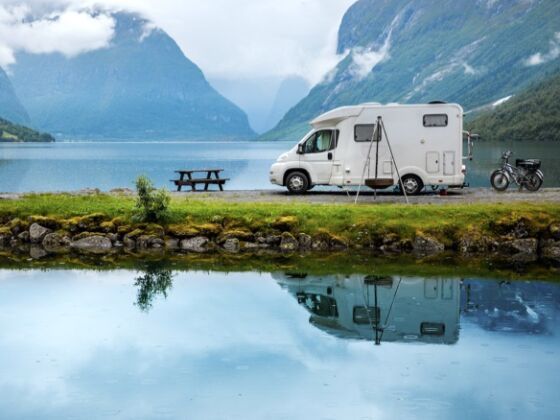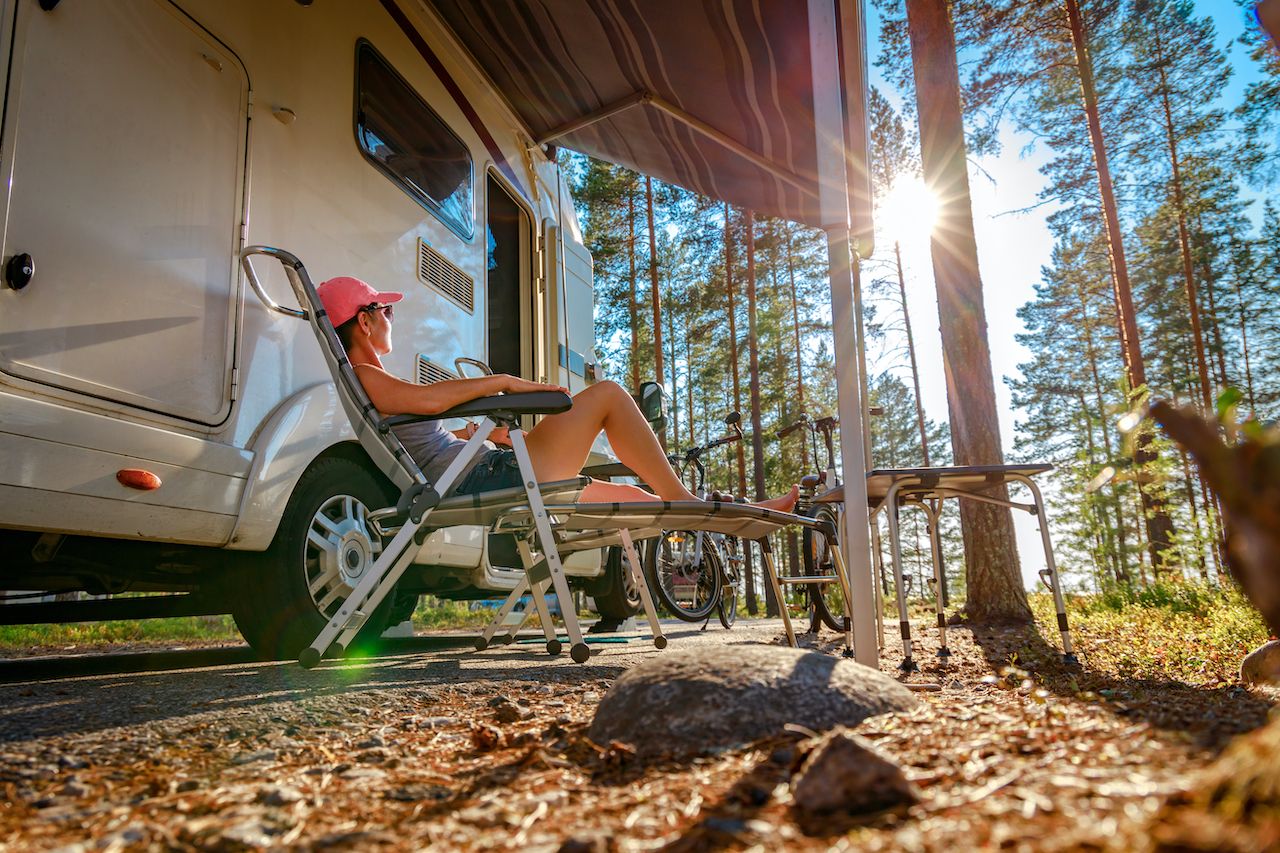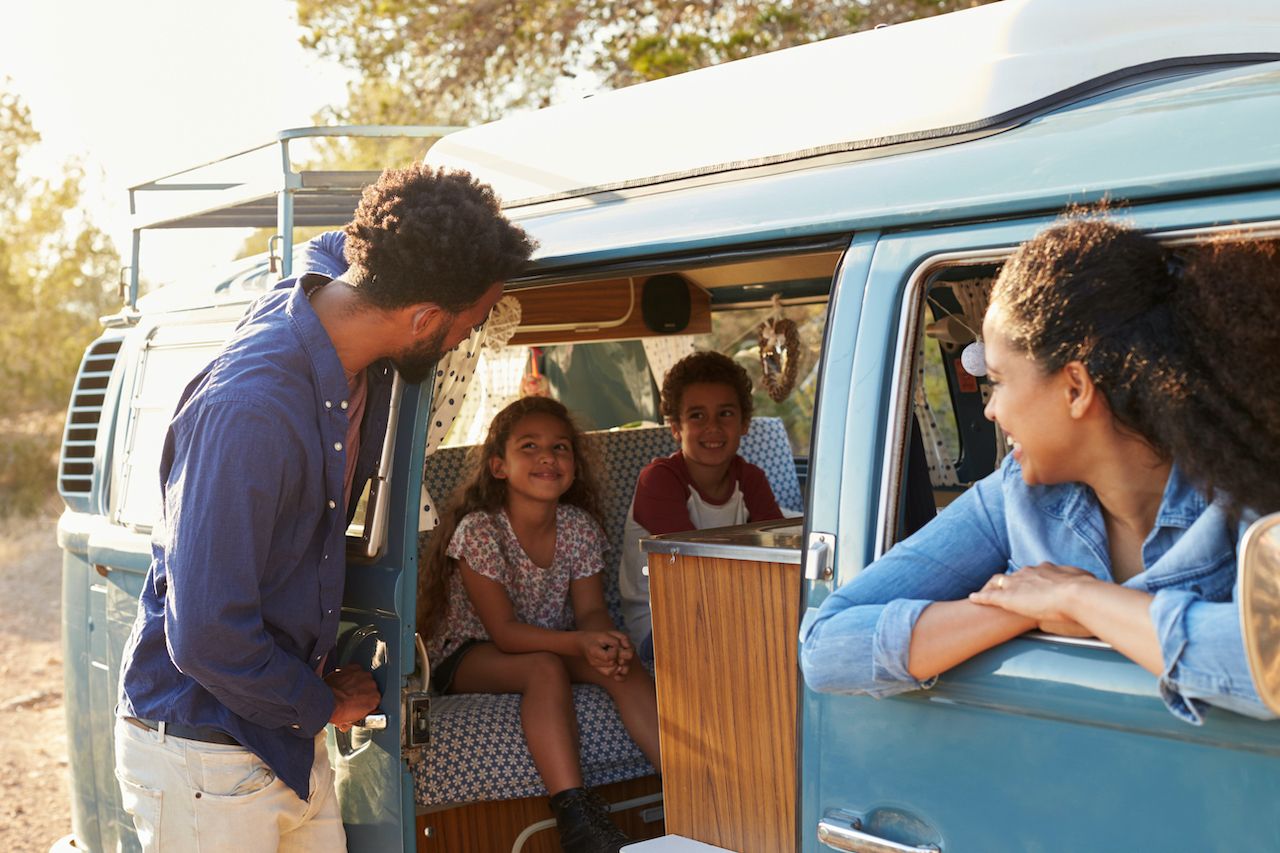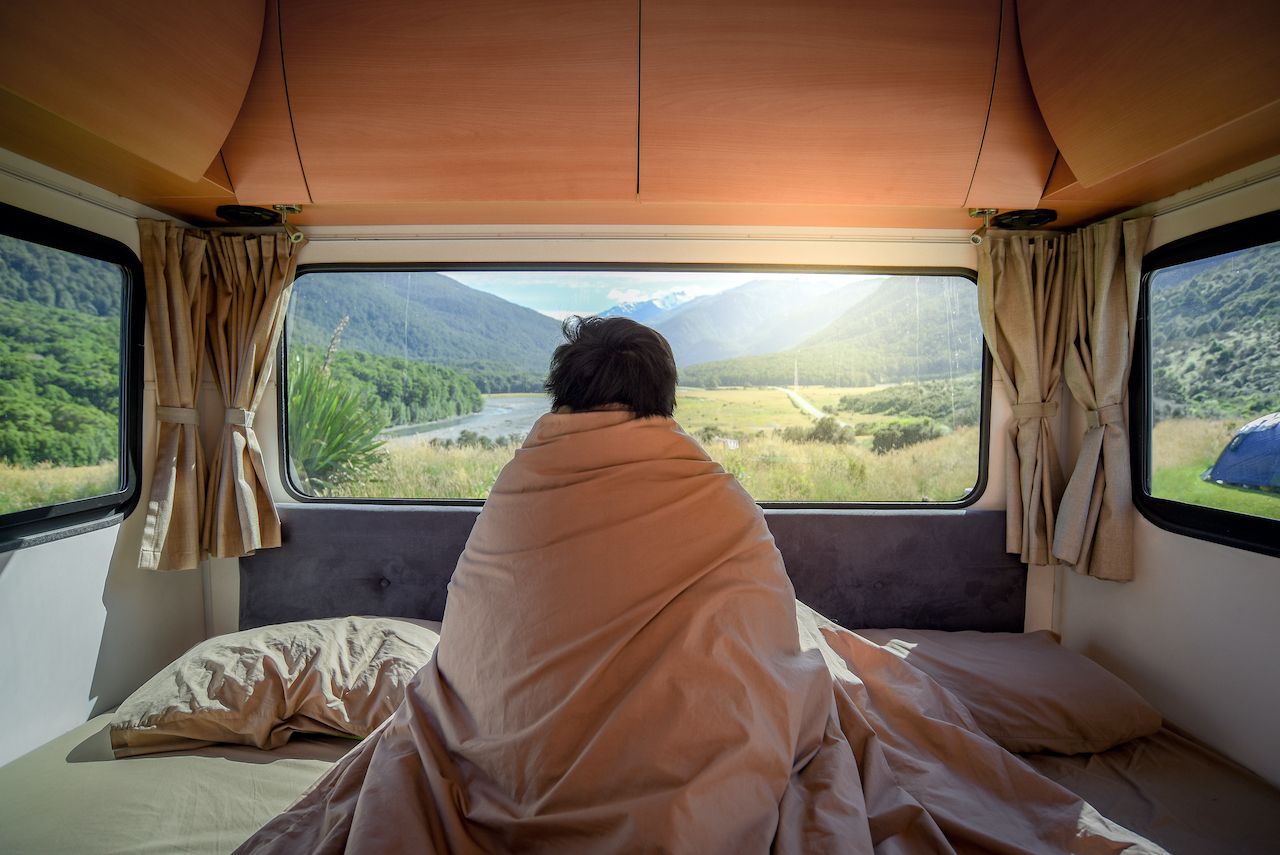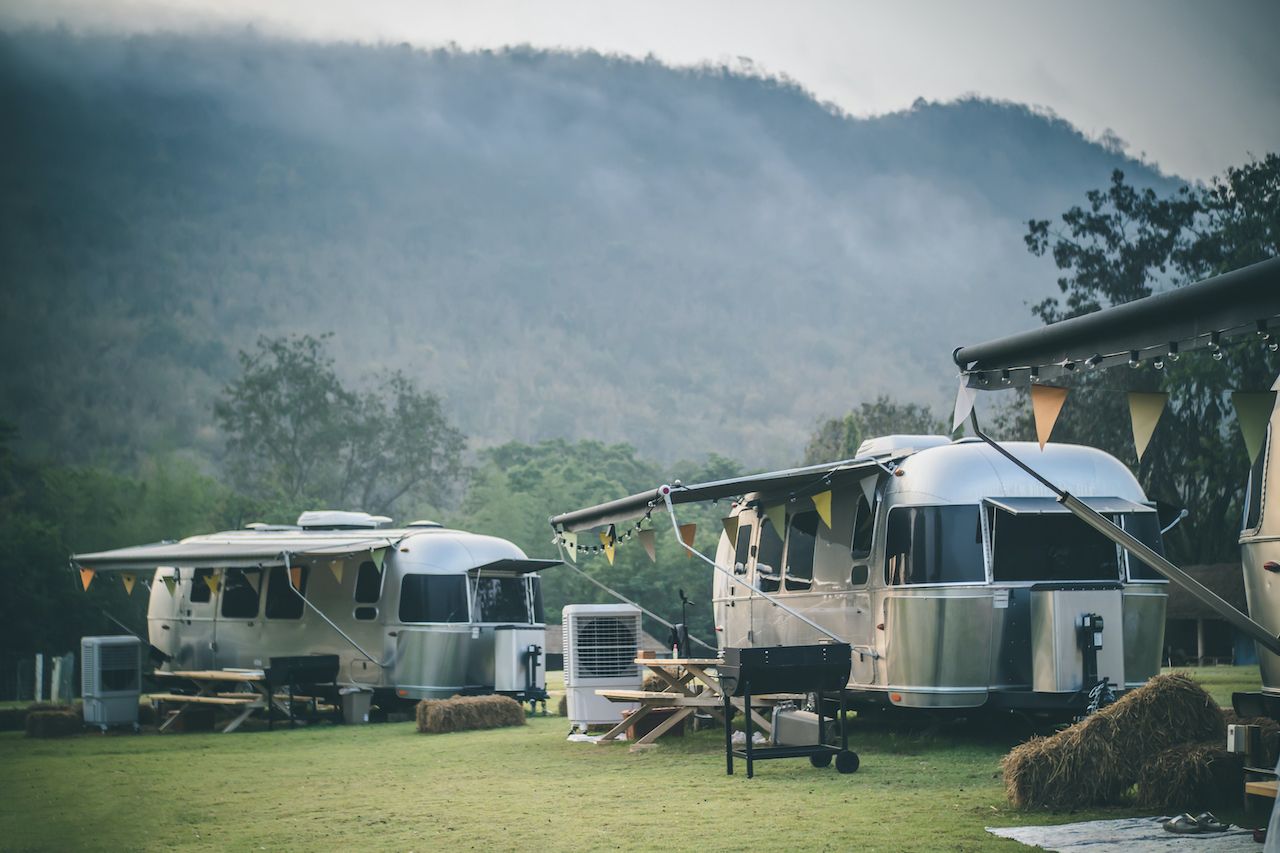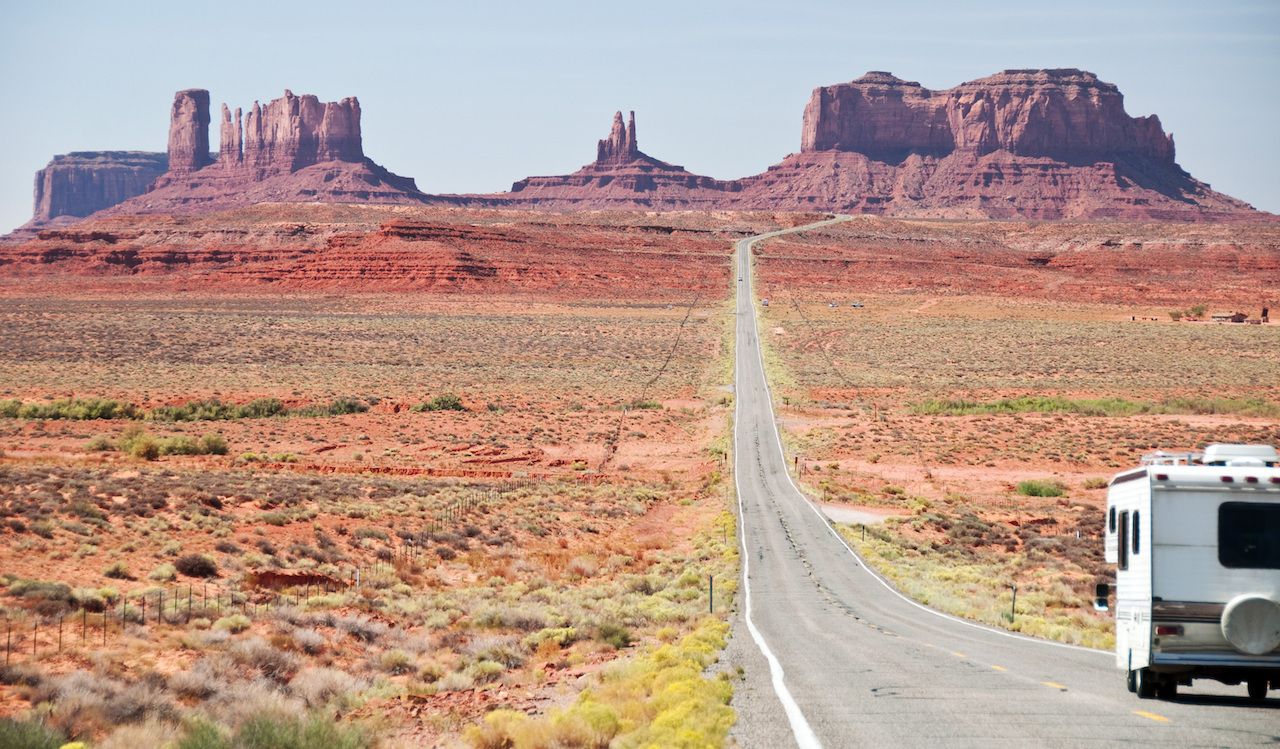2020 has been the year to get out on the road. It seems everyone has decided to try an RV trip across the country or to spend the online school semester on four wheels — with record RV sales and more people setting out on their first #vanlife excursion. Even among those who aren’t planning to ride out the entire pandemic on the road in an RV, van, or Airstream, the popularity of vehicle-based vacations has soared this year.
There are plenty of ways to drive, and which option is right for you depends on a lot of factors. We can’t make those decisions for you, but we can help you think about what really matters to you. Here’s what to keep in mind.
